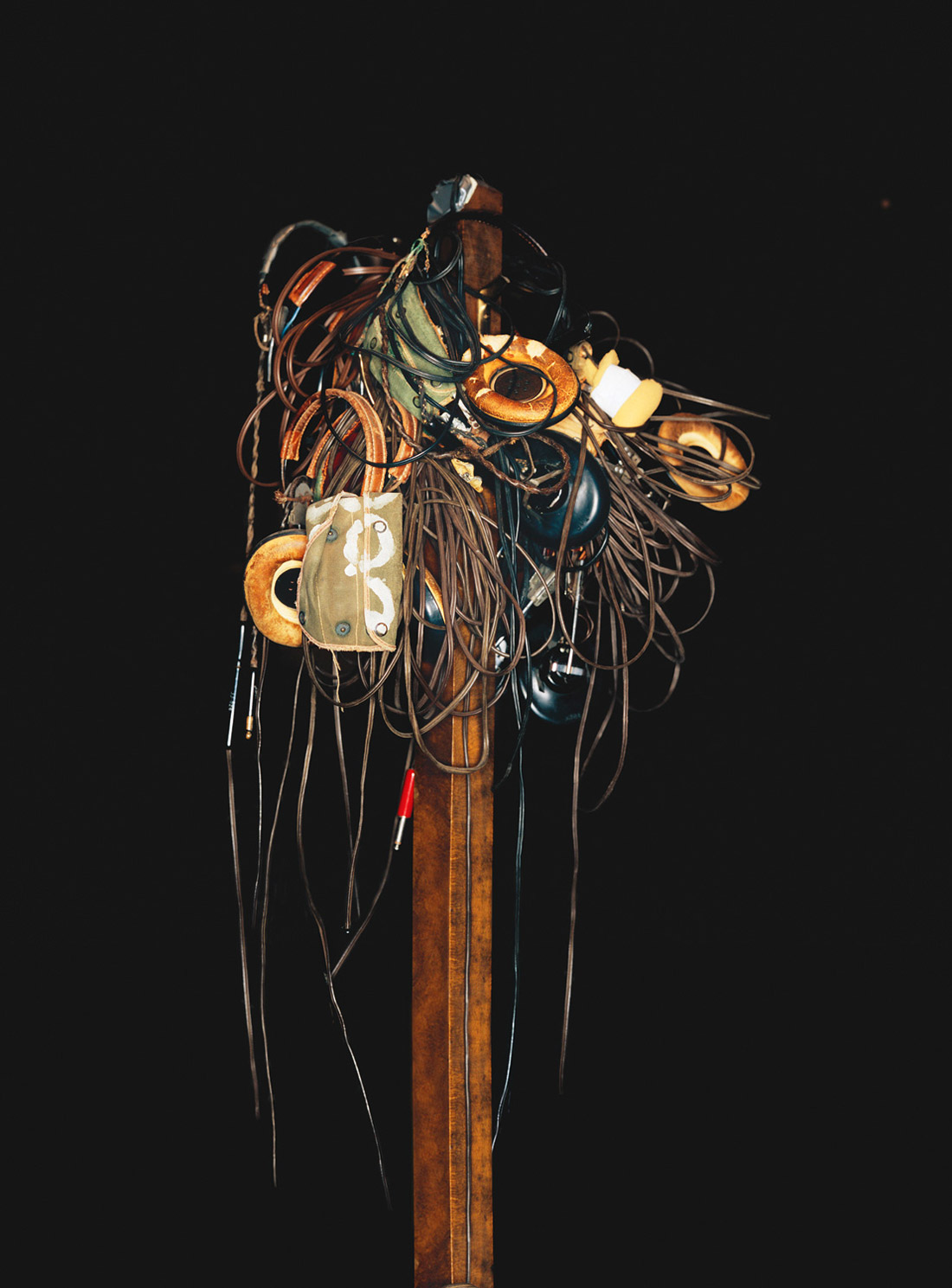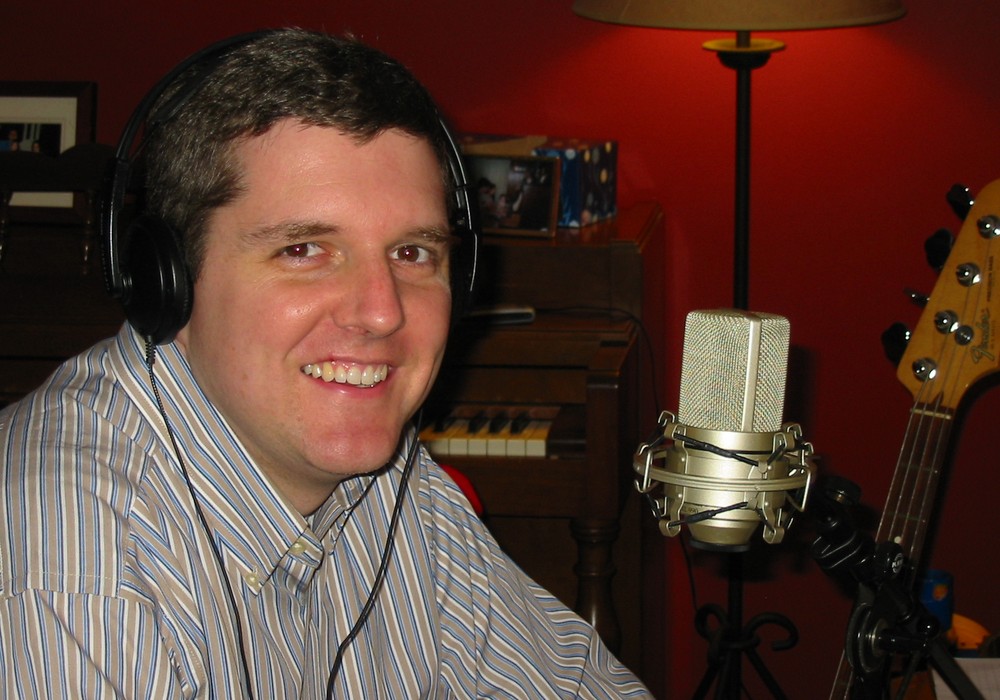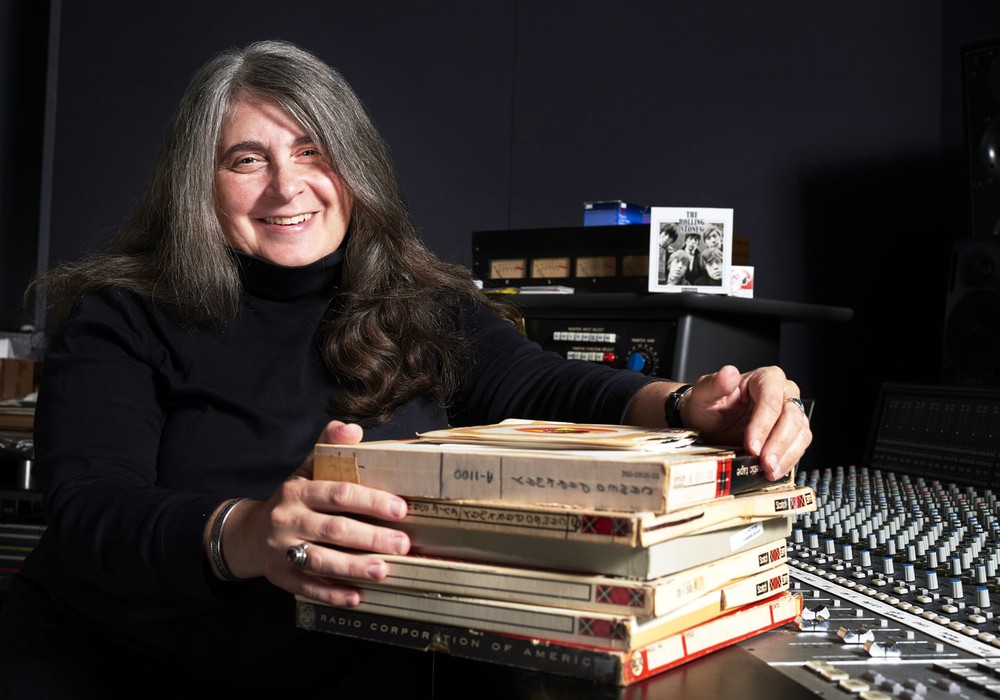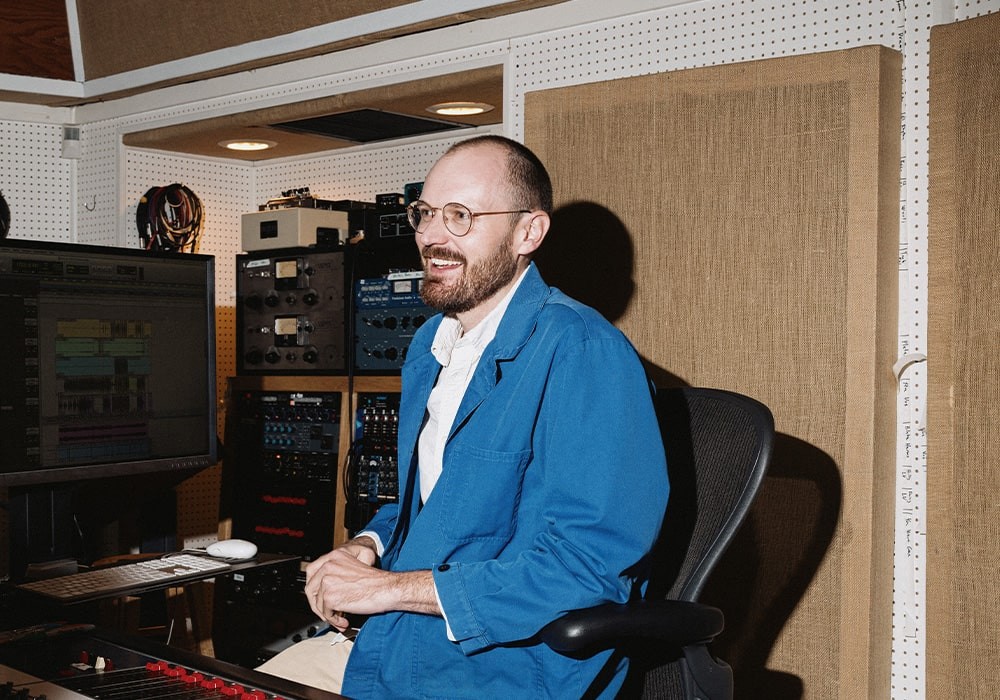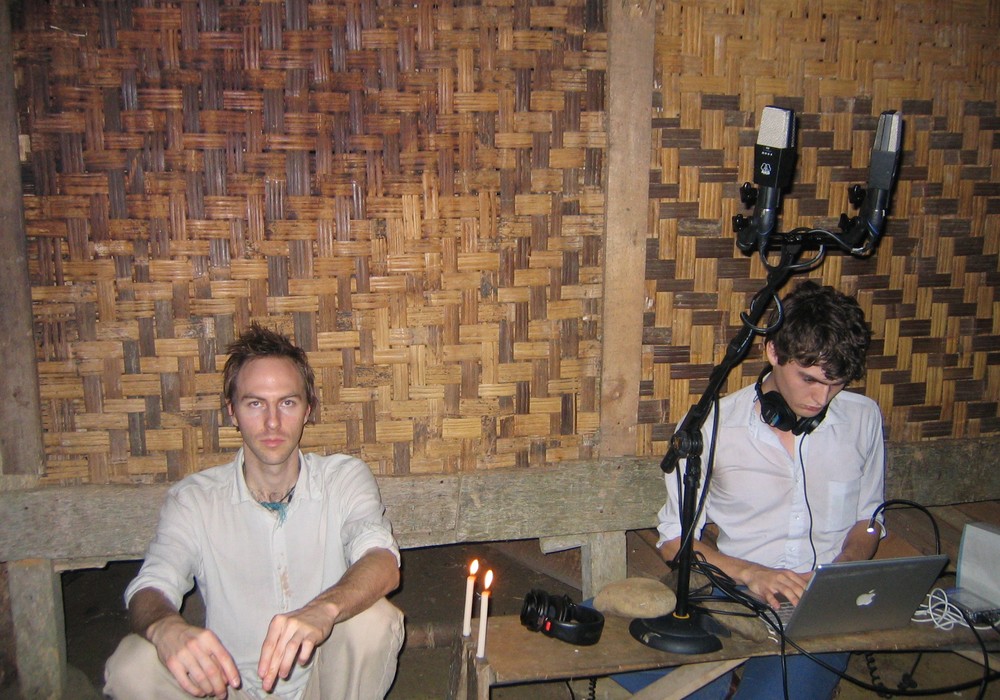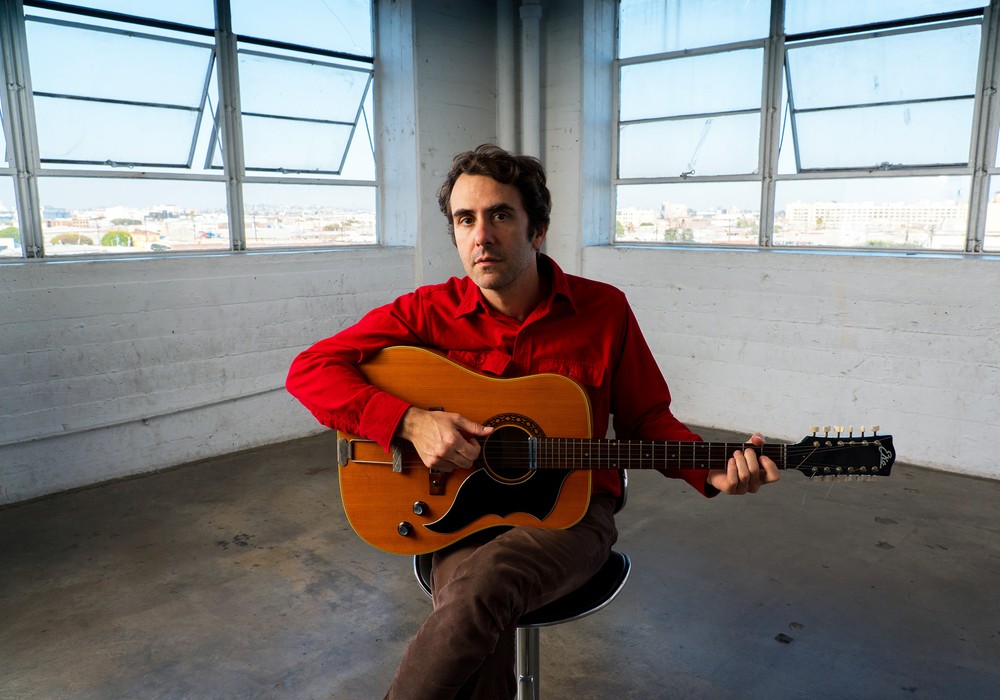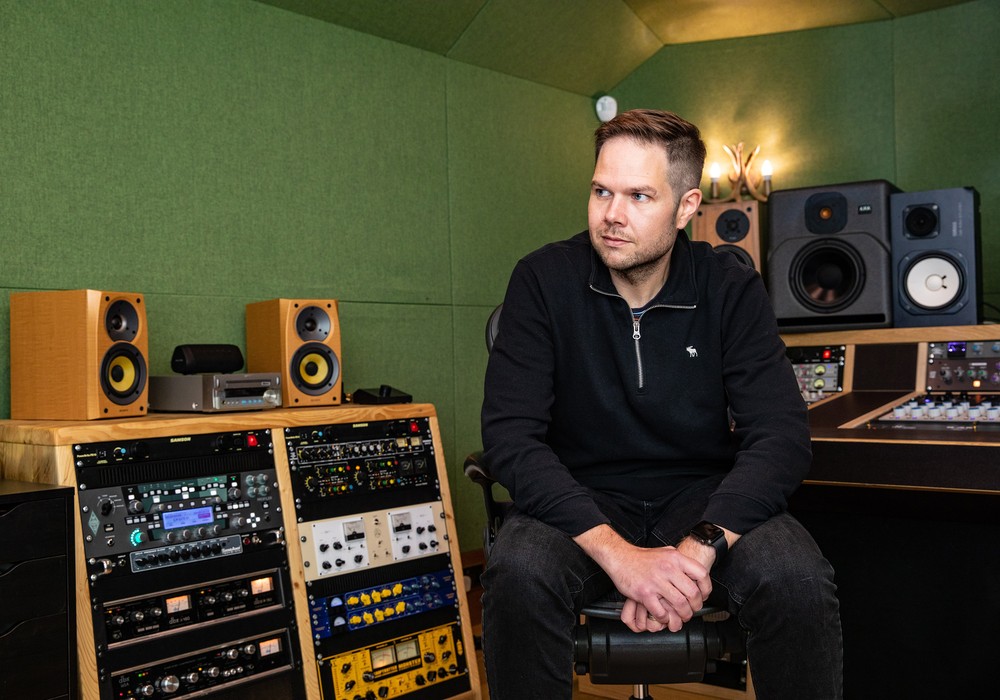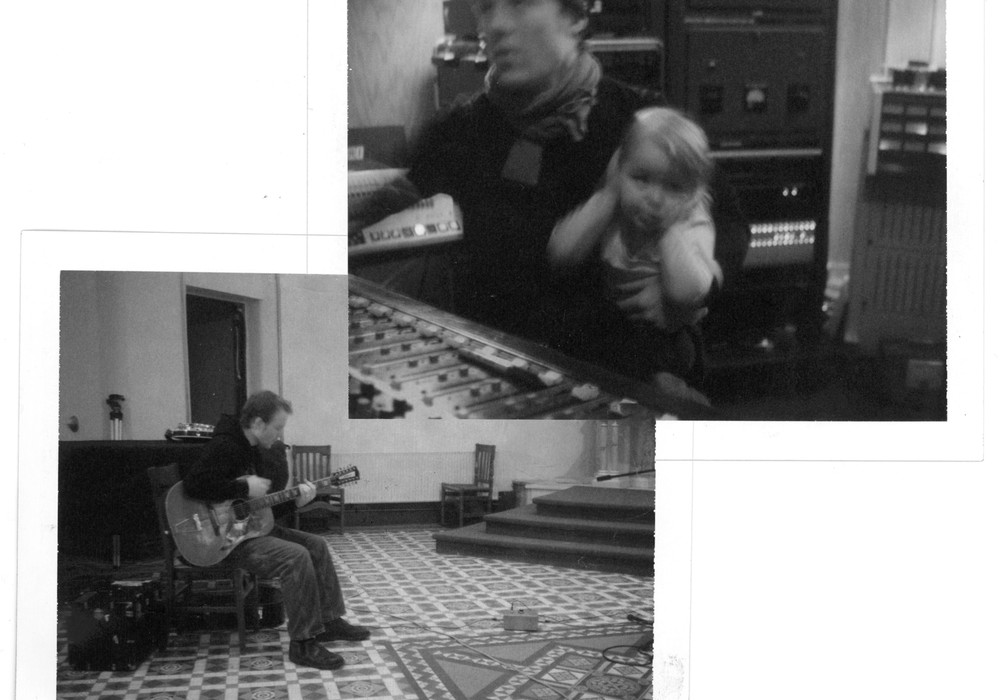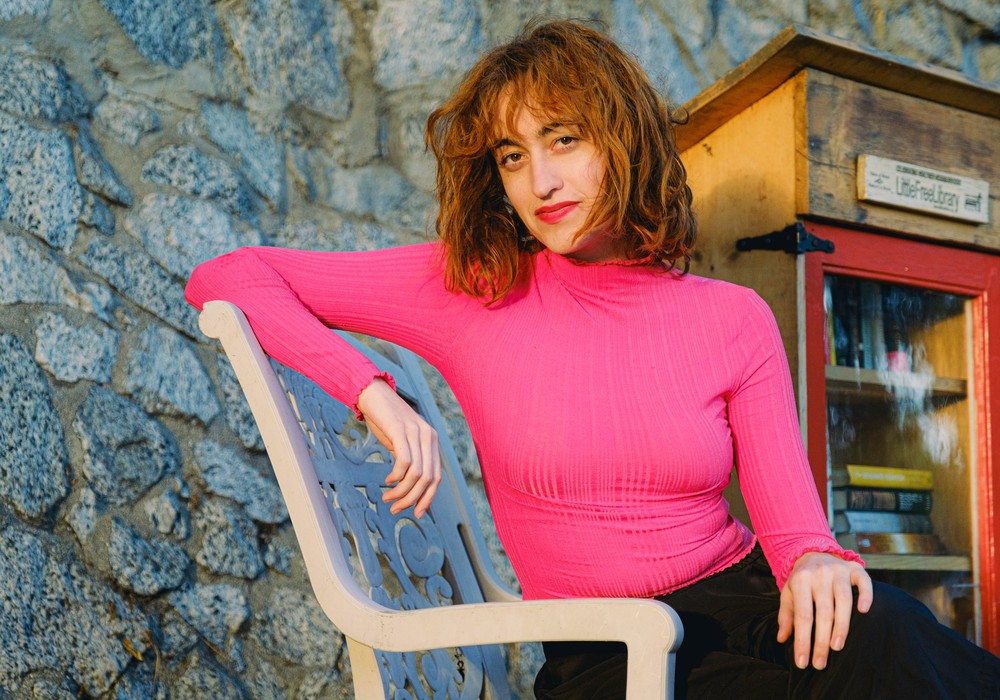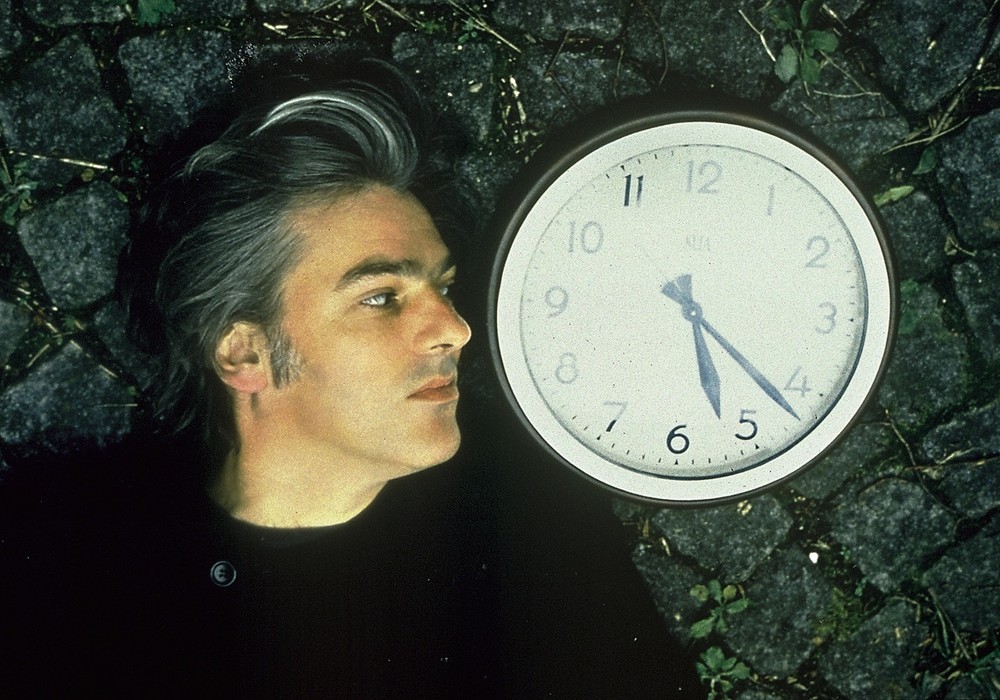I first became aware of Dave Criddle when I discovered the world of podcasts in 2008. Along with Australia's Andrew Brierly, Dave was the co-host of the Home Recording Odyssey. Andrew created HRO to document his own recording evolution and to share discoveries, tips and information. The addition of Dave to HRO brought a deeper level of experience as well as a personality as engaging as Andrew's. Unfortunately, HRO ran its course after 45 episodes, but then Dave moved on to co-host Tony Butterworth's Home Made Hit Show podcast. The HMHS concentrates much more on the songwriting aspect of making music and each week plays several songs recorded at home by listeners.
How did you get into recording?
I was playing in a high school cover band and I was fascinated by recording. Back then I was mostly just laying down 4-track demos of my band, but my friends who wrote songs would always want to come over to my house and record. Once I got into college I was in a band with Jude Hayden, who I'm still playing with in Leisure (formerly The Bees). He had written a whole lot of songs and had done a ton of great 4-track recordings himself. I got really serious about recording in 1995. At that time I was thinking of going into the studio with my band, but then I thought I might as well invest the money into some recording equipment that I was going to hold on to.
You had some pretty good foresight in going with computer recording rather an ADAT like everyone else.
At the time ADATs were the thing to get, which involved buying a lot of hardware. You'd have to buy the mixer, the ADAT, cables, compressors, reverbs. Then a bandmate said, "Why don't you get into computer recording?" I'd never even thought of that because it really wasn't at the forefront at the time. Software Audio Workshop (SAW) was pretty much the only thing they had at the local music store for Windows. At that time Cakewalk was only MIDI and I think Cubase was around, but it wasn't for Windows. SAW actually included some really good compressors, EQs and stuff.
I imagine it was quite a change from your 4-track cassette machine.
Yeah, it was. With 4-track cassette you just kind of do the best you can because you're battling noise and the fact that you've only got four tracks. Even though SAW was only four tracks, you could bounce without losing much of anything. It really was quite a revelation. All of a sudden it was a nirvana of sound quality. I took SAW and my Turtle Beach sound card from the 4-track version to the 8-track version. I was printing all my effects because at the time PCs just weren't keeping up. Once you got eight tracks going it was a little rough.
Sometimes it would trip up the PC?
Yeah. You really had to cross your fingers, close what you could and streamline everything just to get it to chug away. But it worked really well. I have a lot of fond memories of SAW and its sound. Then I jumped over to Cakewalk and used that for a while. But that system would bundle all the audio into one big file — all of your tracks would be lumped together and that was really a pain in the rear to deal with, so that's when I jumped to Cubase and stuck with that for a long time. But now I'm a proud Reaper user.
How did you get into podcasting and co-hosting Home Recording Odyssey?
I was doing some searches on the Web because I figured there had to be a recording podcast out there. I found HRO, started listening and thought I had some input. So I emailed Andrew [Brierley, HRO creator and host]. He told me that I should do a segment, so I casually created what I thought would be a one-off segment for the show. He liked it and I think he talked to Big Al Wagner of the Project Studio Network podcast. Big Al said, "Why don't you have him co-host?" Andrew thought it was a good idea and asked me. I kind of shivered in my boots for a minute thinking about the commitment of a weekly show, but I decided to go ahead and do it.
One of the things that made HRO so enjoyable was the way you and Andrew explained things. It was billed as a show "by beginners for beginners" and you covered a lot of ground.
I love trying to help people out with recording and sharing the little knowledge I have. We would talk about recording guitar, bass, vocals, compression, etc. I think I learned as much as the listeners.
You were really good about playing "before and after"...
The rest of this article is only available with a Basic or Premium subscription, or by purchasing back issue #83. For an upcoming year's free subscription, and our current issue on PDF...
Or Learn More
